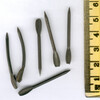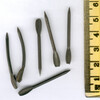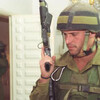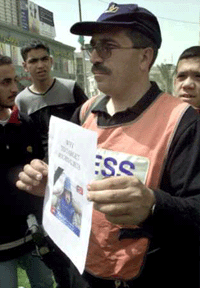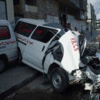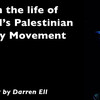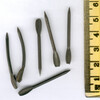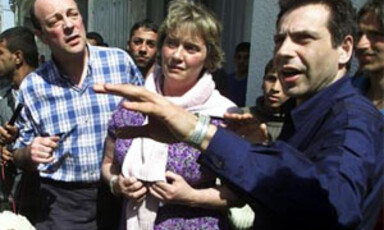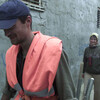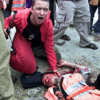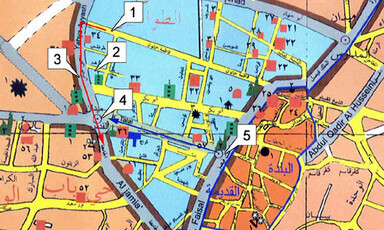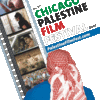Excerpts of Palestinian PM Mahmoud Abbas Speech Before Palestinian Legislative Council
29 April 2003
On 29 April 2003, the new Palestinian Prime Minister Mahmoud Abbas (Abu Mazen) gave an inaugral speech to the Palestinian Legislative Council. Following are excerpts and a link to his full speech. The excerpts are a fair representation of the speech in its entirety. The main difference between the texts is the removal of extensive salutations. Read more about Excerpts of Palestinian PM Mahmoud Abbas Speech Before Palestinian Legislative Council

